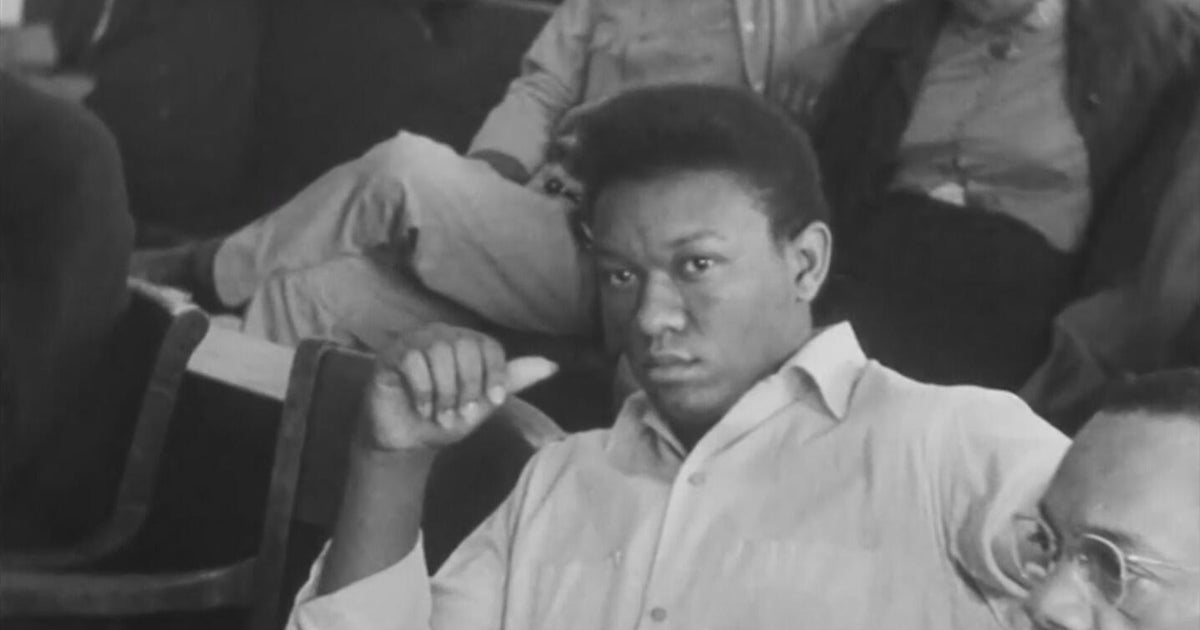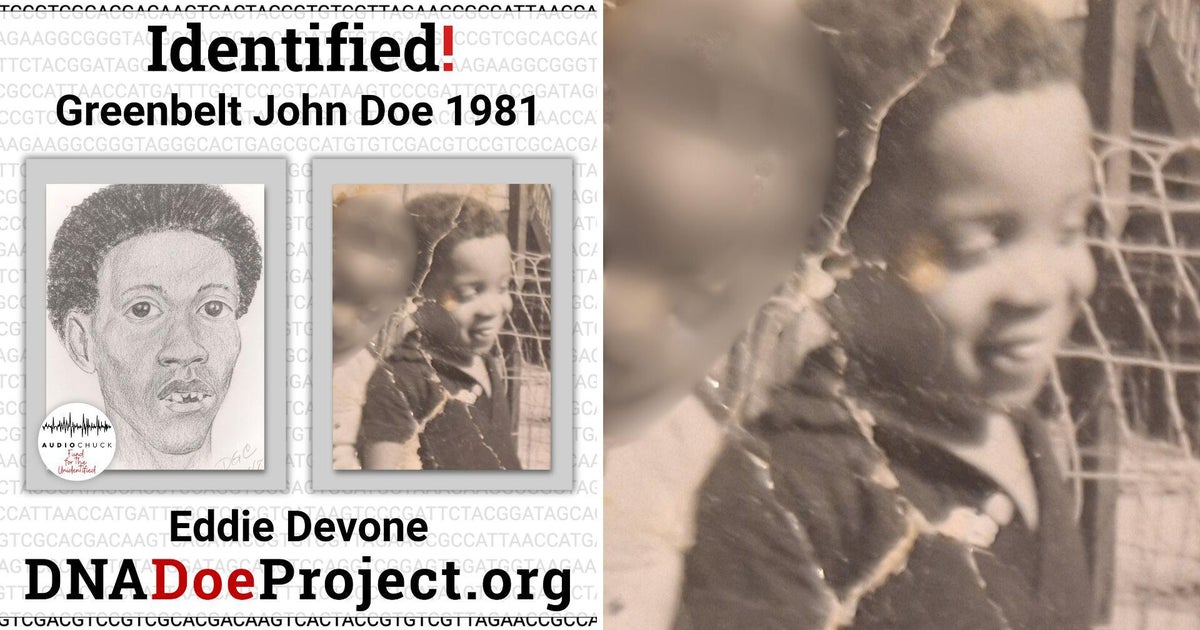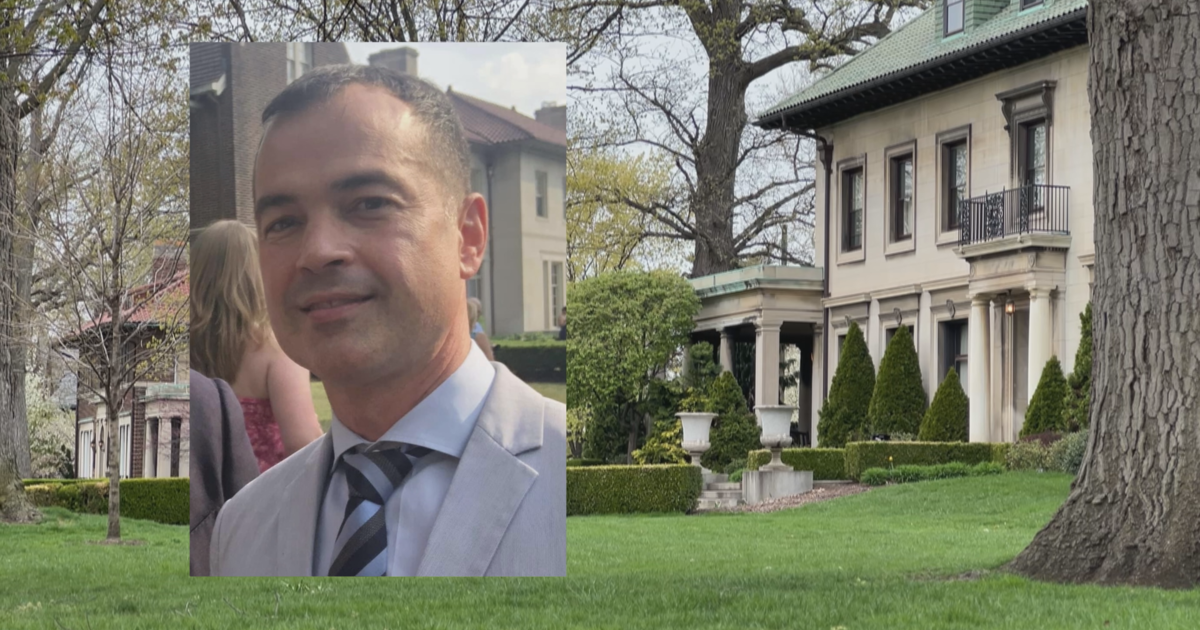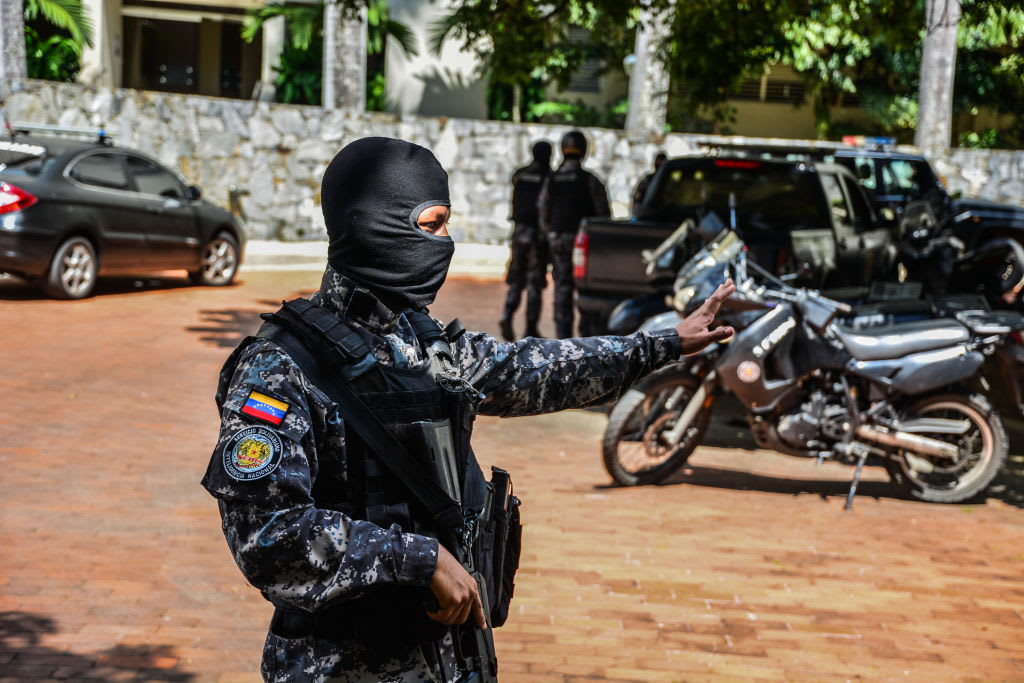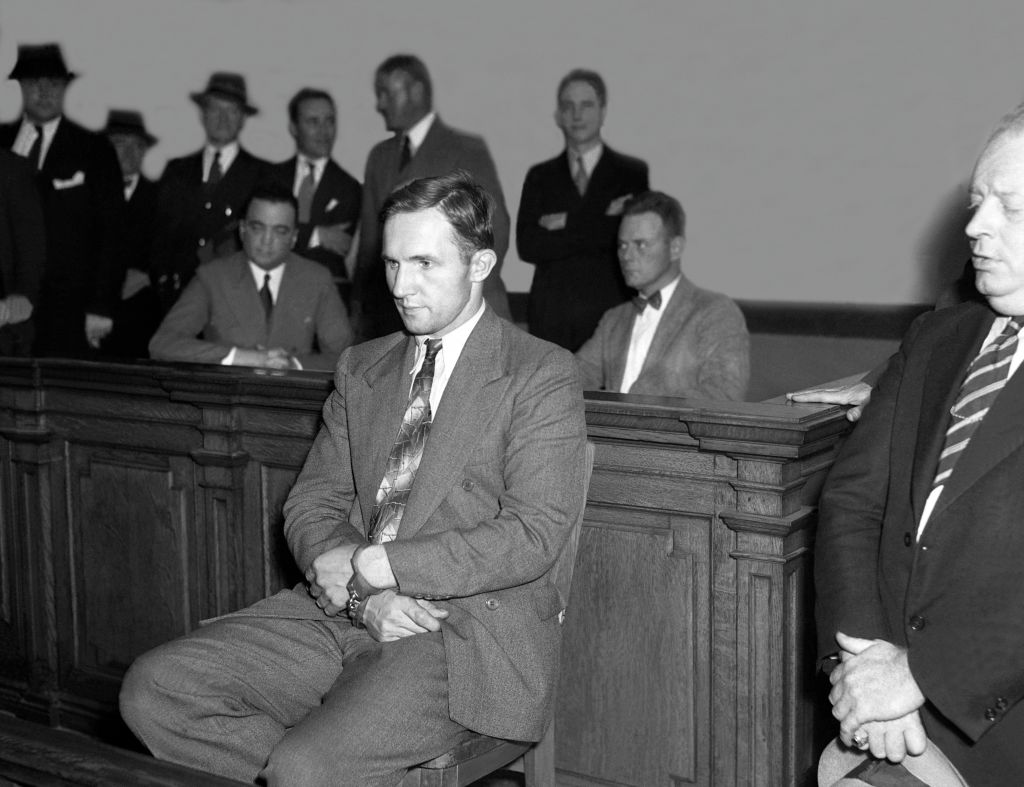"Justice has been served": Exonerated Baltimore man Sabein Burgess awarded $15M
BALTIMORE — Sabein Burgess spent nearly two decades behind bars for a murder he always insisted he had nothing to do with. Now, a federal jury has given final vindication to the wrongfully convicted man by awarding him $15 million in his lawsuit against the Baltimore Police Department and two detectives.
But the big award by a federal jury is nearly an afterthought for the 47-year-old Burgess, who was released from prison in 2014 after being exonerated and awarded $15 million late Tuesday.
"My lawsuit was never about the money. It was about clearing my name and proving that I was used as a scapegoat to close the case," Burgess told The Associated Press on Wednesday at a relative's home in a troubled section of Baltimore.
Immediately after the verdict Tuesday, Burgess told reporters gathered outside a courthouse that "justice has been served." A day later, he pondered whether it finally brought him closure after a two-decade personal tragedy.
"I'm very happy for the verdict. But my losses were so severe. I lost my father and my grandma while I was locked up. I had a daughter born within days of my trial, and when I came out she was 19 ½ with two kids. The one thing I had for all those years was the truth. They couldn't take that away from me," he said, bundled up in a jacket inside a toasty living room.
Burgess spent nearly two decades in prison after being convicted in 1995 of killing his then-girlfriend, Michelle Dyson. He was sentenced to life plus 20 years in prison for the 1994 slaying.
In a civil trial, Burgess accused now-retired homicide detectives Gerald Goldstein and Steven Lehman of pinning the crime on him without pursuing other credible leads. Burgess had found Dyson fatally shot in the basement of the Baltimore home they shared. The lawsuit alleged that the detectives conspired to fabricate gunshot residue evidence used to convict him.
In a strange twist, a childhood acquaintance of Burgess who was serving a lengthy prison term for attempted murder and armed robbery also repeatedly implicated himself in the killing. The National Registry of Exonerations, a law school project that tracks U.S. exonerations, said Charles Dorsey wrote multiple letters to Burgess' trial lawyer in the late 1990s saying he killed Dyson along with another attacker.
Burgess was finally freed in 2014, thanks to the Mid-Atlantic Innocence Project, an advocacy group that started working on Burgess' case in 2011. Prosecutors eventually dropped charges.
His lawsuit said the case was not an isolated event, but rather the result of "policies and practices of pursuing wrongful convictions through reliance on profoundly flawed investigations." Shawn Armbrust, executive director of the Mid-Atlantic Innocence Project, said Wednesday that she hoped this week's federal jury verdict will help "prompt Maryland officials to start taking the issue of wrongful convictions seriously."
Baltimore City Solicitor Andre Davis told The Baltimore Sun that authorities planned to appeal the $15 million jury award, which he said would "be a regrettable and unanticipated hit on the budget."
"There will be an appeal without question," Davis told the newspaper. "We really thought we had a very strong case on the facts and the law."
For Burgess, the grinding years in prison as an innocent man have certainly taken its toll.
He said he "came close" to losing his mind at points during his incarceration and spent lengthy periods in solitary confinement. Although he's been focused on strengthening his relationships with family and friends since getting out in 2014, he also wants to help bring about changes in the criminal justice system.
"My hope for the next 10 years is to really try to make a difference in somebody else's life. Maybe help somebody in jail who is innocent find what was so hard for me, which was justice and freedom," he told AP.
